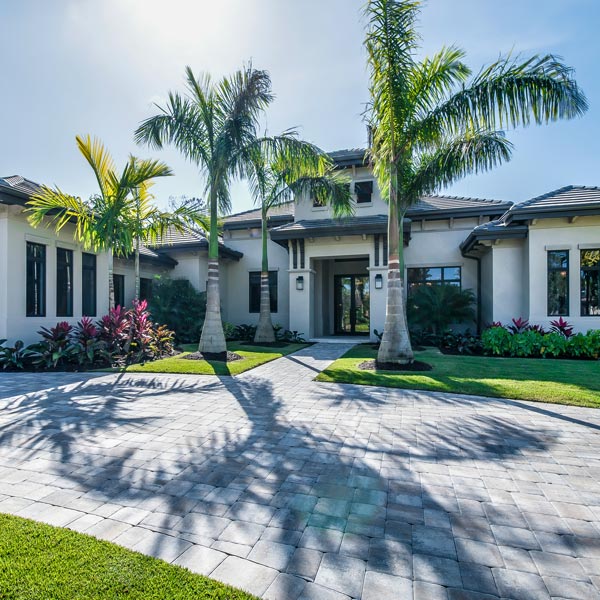Storm Preparation
Are You Prepared in Case of a Storm?
Know Your Zone
Is your home in a high-risk area for floods? Knowing this information is important prior to a hurricane making landfall for several reasons. First, whether your home is located in a flood zone or not will affect your requirement for flood insurance. In addition, when authorities issue evacuation orders, they are announced by zone. Check to see if your home is in a high-risk area here: https://msc.fema.gov/portal/search.
Emergency Numbers You Should Know
State of Florida Emergency Information 24-hour hotline (FEIL): 1-800-342-3557
State Volunteer and Donations Hotline: 1-800-FL-HELP1 (1-800-354-3571)
American Red Cross: 1-800-HELP-NOW (1-800-435-7669)
Florida Power and Light: 1-800-4-OUTAGE (1-800-468-8243)
Florida Department of Elder Affairs: 1-800-96-ELDER (1-800-963-5337)

